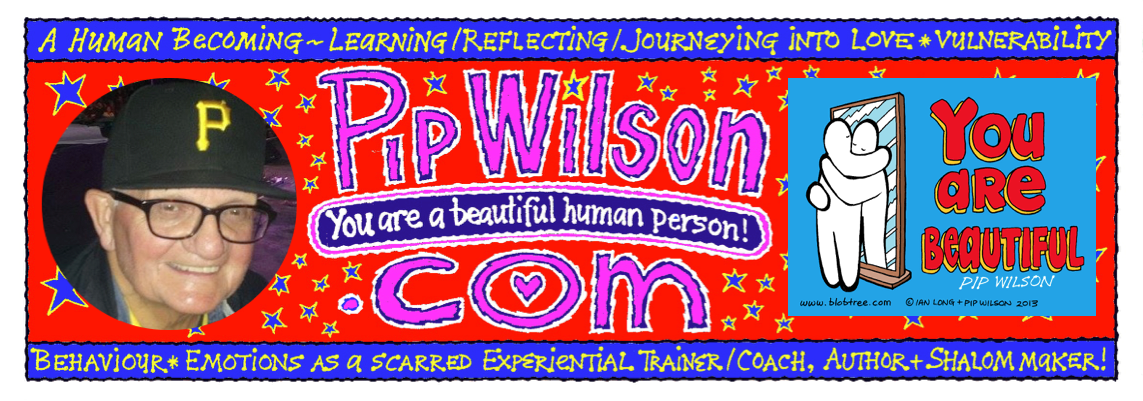How to heal psychological damage
From Haiti to Gaza, psychiatrist James Gordon counsels survivors of disasters around the world
Perhaps it has always been this way. But it seems that we have been inundated with disasters – both man-made and natural – recently. Japan; New Zealand; Haiti. In each case, our TV screens are filled with images of rescue workers. Countless aid agencies are active, from Save the Children to the medical wing of the Israeli Army, delivering essential humanitarian aid. But what about the psychological damage?
- Unstuck: Your Guide to the Seven-Stage Journey out of Depression
- by James S. Gordon
This is where Dr James Gordon, a 69-year-old psychiatrist from Washington DC fits in. Gordon is a big man with a flashing smile and something of the evangelist about him. His medical credentials are impressive: Harvard and the National Institute of Mental Health, a former adviser to Presidents Carter and Clinton. But he is also an expert in alternative medicine. In 1991, he founded the Centre for Mind-Body Medicine, which "combines the precision of modern science with the wisdom of the world's healing traditions". And he has made it his mission to work in disaster zones.
"If people are psychologically traumatised, they can't make proper use of aid," he explains when we meet in London. "They need more psychological help. Western doctors prescribe antidepressant drugs very quickly. But these are often ineffective, and have bad side-effects. So I developed a seven-step programme to treat depression without medicating."
In 1996, he exported his programme to child soldiers in Mozambique, post-apartheid South Africa, Bosnia and Serbia. Since then he has branched out to Haiti, Gaza, Israel and New Orleans, as well as to shell-shocked US Marines and 9/11 firefighters.
"The psychological damage may be far greater," Gordon admits, "but my programme has been very successful with trauma victims." The evidence speaks for itself. In Kosovo, his system has been integrated into the Ministry of Health. In Gaza, he has treated 20,000 people since 2005. There are full-time "mind-body" centres in Israel, New Orleans and elsewhere.
According to Gordon, each disaster is different. "The Japanese are in shock at the collapse of their society," he says, "because Japan is usually so efficiently run. In Libya, however, or Haiti, the governance was haphazard to begin with. They have lawlessness and disorder – different psychological problems."
Much of Gordon's work has focused on the Middle East. In 2004 he conducted his first workshop in Gaza, with Palestinian educators. Ninety people attended the first meeting. There are now 48 workshops each week.
"The work can be dangerous," he concedes. "I was in Gaza during the conflict between Fatah and Hamas. During the workshop, fighting broke out outside. There were bodies lying in the streets. But we carried on. The students came back the next day, despite the dangers." He also works in Israel, in areas hit by Hamas rockets, travelling back and forth across the border. He has been shelled by Hamas one day, he tells me, and bombed by Israel the next.
Controversially, Gordon does not see clinical depression as a disease, but as "a sign that our lives are out of balance". Placing his faith in "our ability to heal ourselves", he favours non-invasive therapy: meditation, art, movement, nutrition, bits of Chinese medicine. The central concept, he tells me, is that since each of these has a recognised positive impact, combining them systematically can be very effective. And if all that fails, then you turn to drugs. It sounds reasonable enough.
His detractors, however, argue that while clinical trials for drugs are extremely rigorous, when it comes to alternative methods, the bar has been set lower. This, they say, has skewed the results. Gordon doesn't agree. "There is a reason why drugs are being defended," he says. "Big business."
There is an unmistakably messianic subtext, however. In his book, Gordon makes statements such as: "I'll be your guide. I'll walk with all of you who are simply unhappy, anxious, or confused." And the spiritual flavour of his programme has been criticised by the eminent psychiatrist Dr Peter Kramer, who said it was "moving away from scientific neutrality in favour of a set of beliefs". Couldn't Gordon be perceived as a bit, well, patronising?
"Not at all. I suffer from depression myself," he replies. "I view my students as equals. We are all learning together." But what about in disaster zones? After all, he's the one with a ticket home. "I don't pretend to have all the answers," he says. "In Kosovo, I met an elderly couple whose entire family had been killed. All I could do was hold their hands. Afterwards, they said that alone had helped."
Gordon's mind-body approach is nothing if not radical. But one thing is indisputable. In the aftermath of catastrophe, people need psychological care. And for two decades, he has been there to provide it.
• This article was amended on 11 May 2011. The original described James Gordon as a psychologist. This has been corrected.
